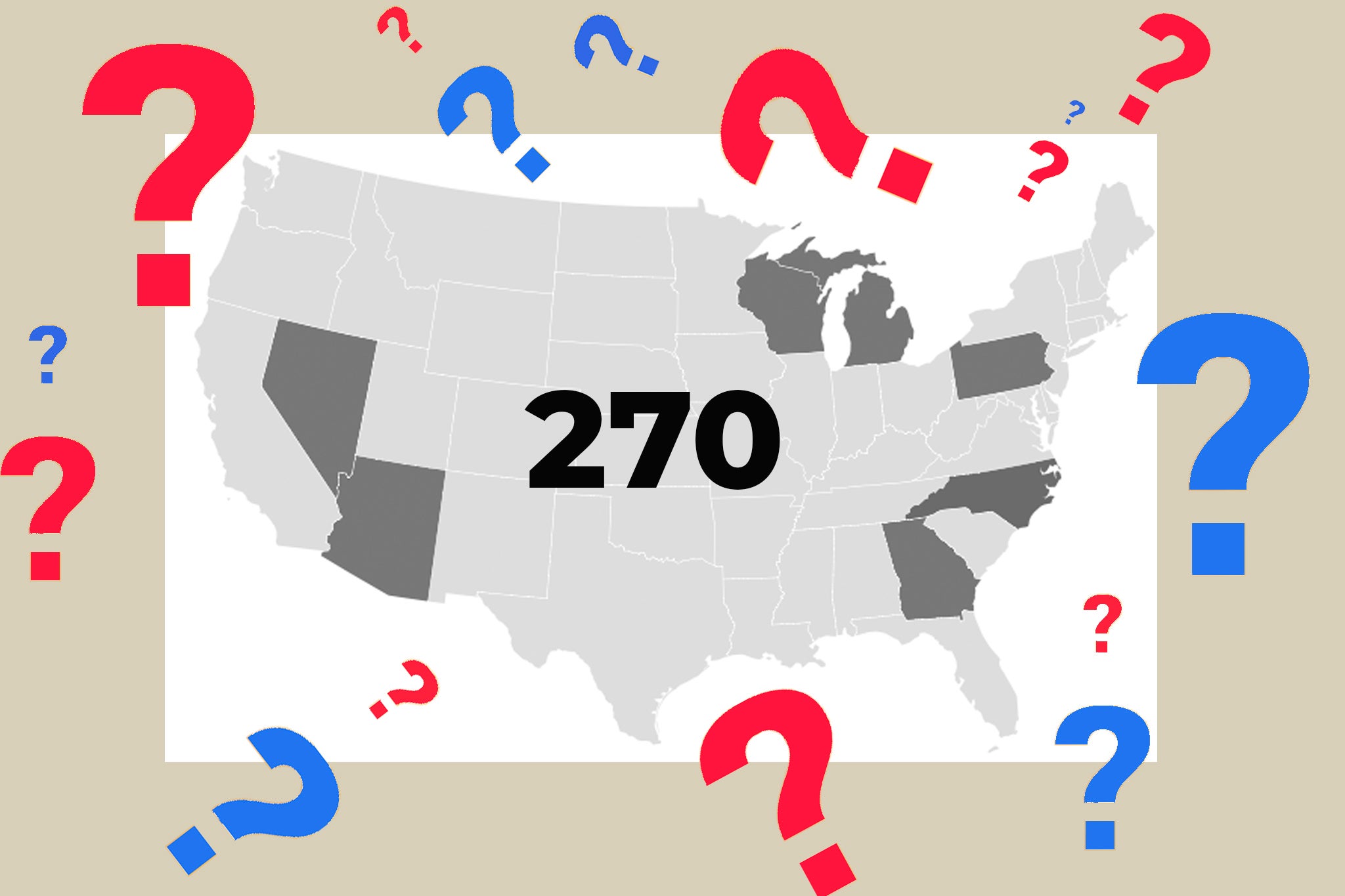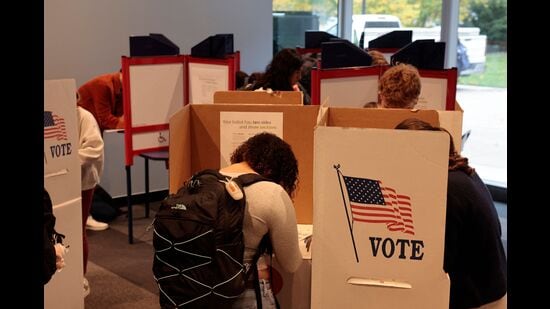Independent voters in swing states play a critical role in determining the outcome of U.S. elections, often acting as the decisive factor in closely contested races. These voters, who do not align strictly with either major political party, represent a diverse and often unpredictable electorate. Their preferences can shift dramatically based on current events, candidate appeal, and key issues, making them a focal point for campaign strategies.

Source:- bbc news
Swing states, or battleground states, are those where both major parties have similar levels of support, meaning that either party could potentially win. This status elevates the importance of independent voters, who often outnumber registered party affiliates in these areas. For example, states like Pennsylvania, Wisconsin, and Michigan have seen significant swings in voter sentiment in recent elections, with independents playing a pivotal role in tipping the balance.
Source:- news 18
Candidates must appeal to these voters by addressing a wide range of issues, from the economy and healthcare to social justice and climate change. Effective messaging that resonates with independent voters can be the difference between victory and defeat. Campaigns often emphasize bipartisanship, focusing on solutions rather than party loyalty to attract this demographic.
Moreover, the rise of social media and digital campaigning has allowed candidates to engage with independent voters more directly, tailoring their messages to specific concerns and interests. As political polarization increases, independents are increasingly seen as the key to electoral success, prompting candidates to moderate their positions and appeal to a broader audience.
In conclusion, independent voters in swing states are crucial in shaping U.S. elections. Their ability to swing either way creates a dynamic political landscape, compelling candidates to craft inclusive and responsive platforms that address the diverse concerns of this influential electorate.
Share your views in the comments

